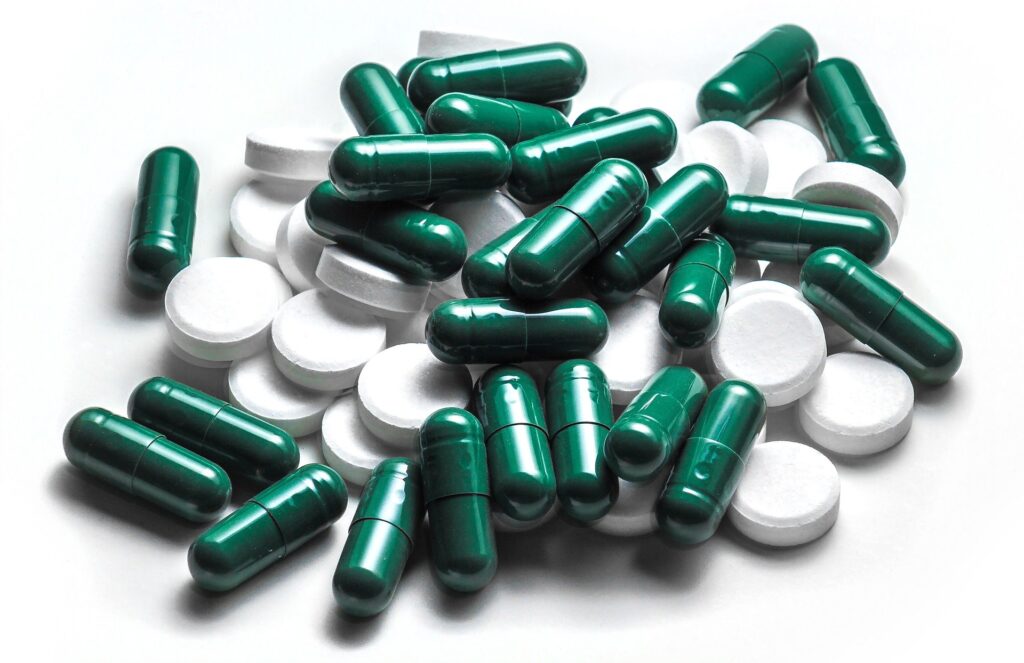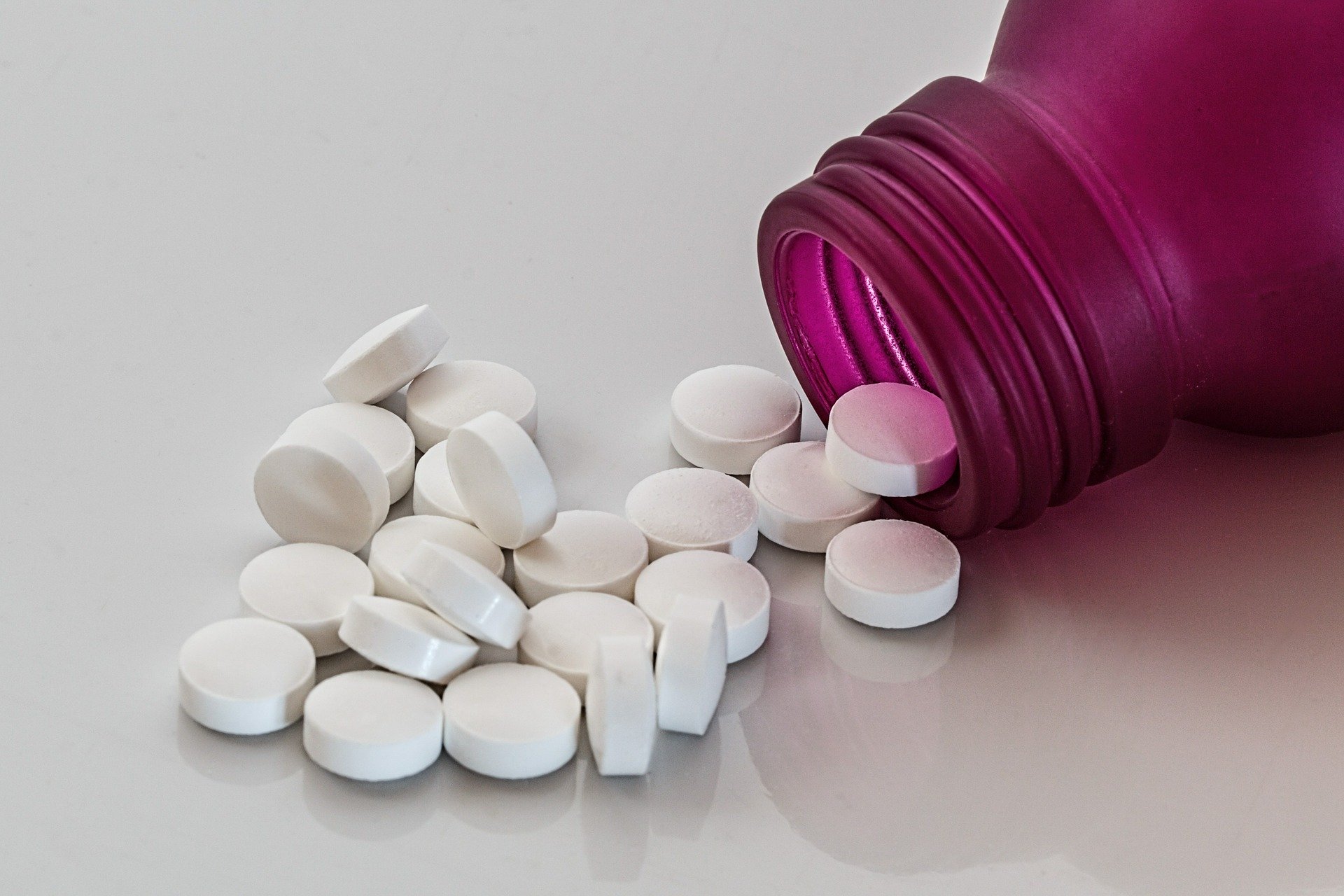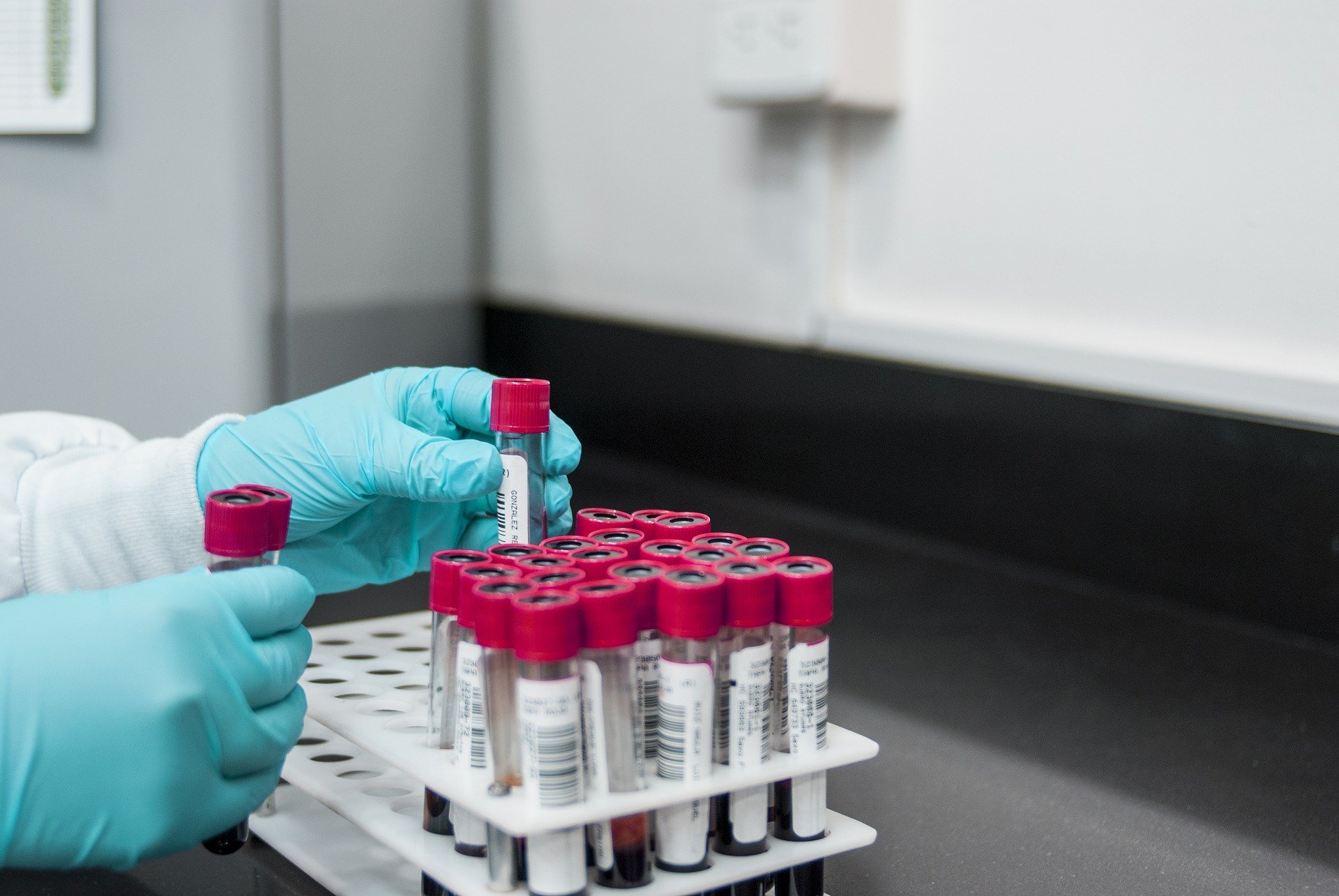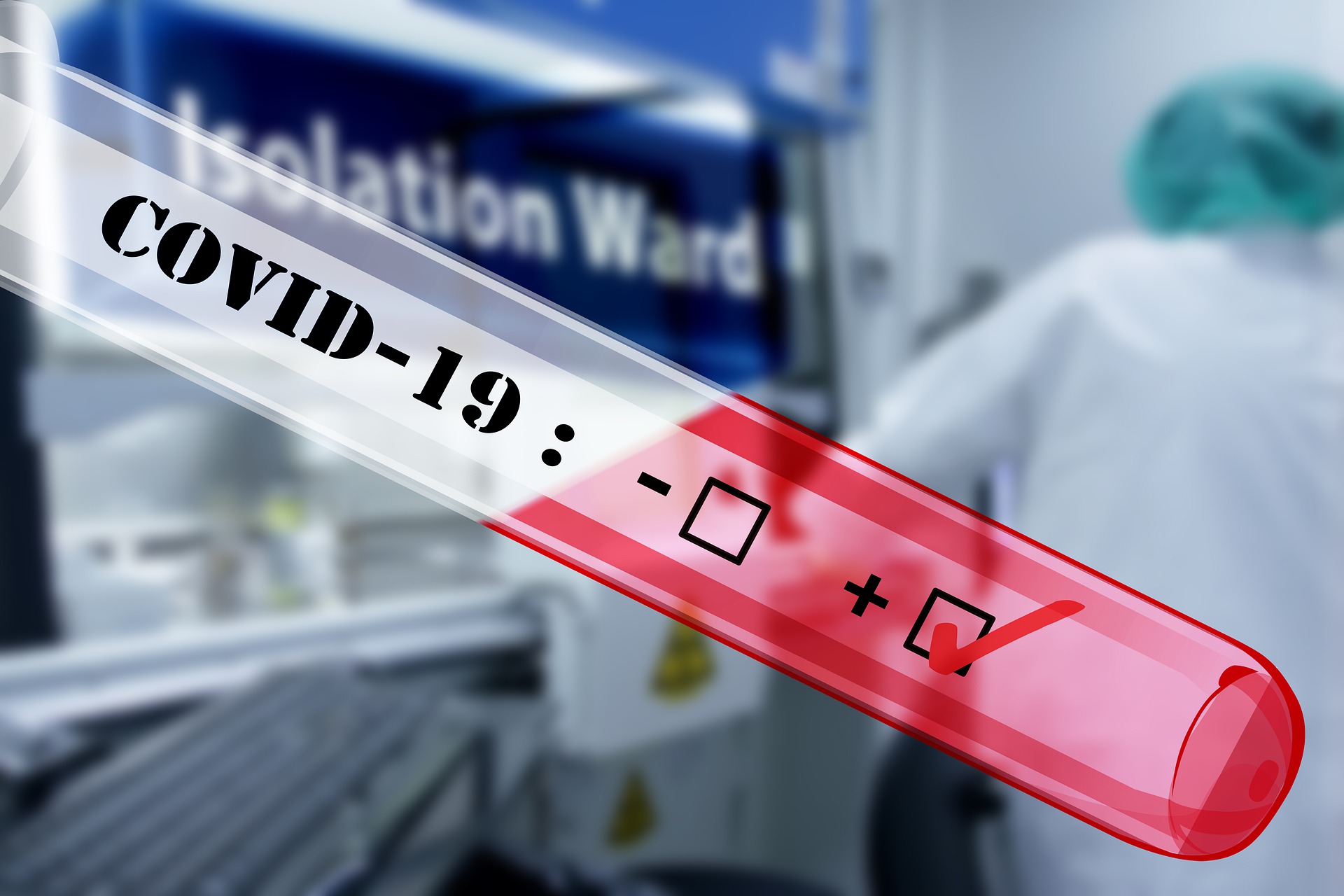As one of only two treatments currently approved in the US for the treatment of COVID-19, Gilead’s remdesivir could soon be joined by Eli Lilly’s arthritis medication Olumiant (baricitinib) following Phase III trial results that show improved recovery times in patients treated with the drug in combination with remdesivir (compared with remdesivir alone). Lilly plans to seek emergency use authorization (EUA) for baricitinib from the US Food and Drug Administration (FDA) for the treatment of severely ill COVID-19 patients.
The baricitinib-remdesivir combination was evaluated in Lilly’s Phase III ACTT-2 trial, which was sponsored by the National Institute of Allergy and Infectious Disease (NIAID). Results of the study show that adding baricitinib to remdesivir reduces time to recovery in hospitalized patients with COVID-19.
Baricitinib is an anti-inflammatory drug that is approved for use in the treatment of rheumatoid arthritis (RA). It is a JAK1/JAK2 inhibitor that reduces inflammation caused by excess cytokine production (cytokine storm) – cytokine storm underlies some of the serious complications seen in severe COVID-19 cases.
Currently, in the US, only remdesivir and convalescent plasma have EUAs for the treatment of COVID-19. FDA clearance for the latter sparked controversy as many believed political pressure affected the review process. Prior to this, hydroxychloroquine was being pushed by US President Donald Trump as a miracle drug for COVID-19, and even received an EUA from the FDA. However, it was soon revoked based on trial data that showed it wasn’t effective.
Related: Eli Lilly Begins Phase III Study of an Arthritis Drug to Reduce Cytokine Storm in COVID-19 Patients
The repurposing of existing drugs for treating COVID-19 has had both success and failure. While anti-inflammatory RA treatments such as Sanofi’s Kevzara and Roche’s Actemra have failed in studies, the commonly used steroid dexamethasone emerged a winner, being the first and only drug so far that could actually reduce the number of deaths among the sickest COVID-19 patients. While gaining authorizations in Europe, the US FDA has not given dexamethasone an EUA for COVID-19. Meanwhile, Roche continues pursuit of its RA drug Actemra in combination with Gilead’s remdesivir.
Baricitinib was evaluated in the double-blind, randomized controlled ACTT-2 trial, which included more than 1,000 patients. The trial assessed the efficacy and safety of a 4 mg dose of baricitinib plus remdesivir versus remdesivir alone in hospitalized patients with COVID-19. Baricitinib, in combination with remdesivir, was found to meet the primary endpoint – reduction of time to recovery – in comparison with remdesivir alone.
The combination treatment led to a statistically significant one-day reduction in median recovery time in the overall study population compared to treatment with remdesivir alone. The study also met a key secondary endpoint that compared patient outcomes at Day 15 using an eight-point scale ranging from fully recovered to death.
According to the trial, ‘recovery’ was defined as the participant being well enough for hospital discharge, meaning that they either no longer required supplemental oxygen or ongoing medical care in the hospital, or were no longer hospitalized at Day 29.
Additional analyses on other clinical outcome data, including mortality and safety data, are currently ongoing. It is expected that NIAID will publish the full study details in a peer-reviewed journal soon.
“We are pleased with these data from the ACTT-2 study,” said Patrik Jonsson, Lilly senior vice president and president of Lilly Bio-Medicines in a press release from the company. “There is an urgent need to identify COVID-19 treatments, and we will continue to work with NIAID to understand these data and next steps on baricitinib’s role moving forward. We appreciate NIAID selecting baricitinib for inclusion in this important study and the participants, investigators and collaborators for the vital roles they played.”
Based on the Phase III trial data, Lilly plans to approach the FDA, as well as other regulatory agencies, for an EUA for baricitinib in the treatment of hospitalized COVID-19 patients.
Barcitinib is approved in the US at a daily dose of 2 mg for RA patients; an EUA for COVID-19 would potentially authorize a 4 mg dose for treatment.
While Lilly will continue to maintain an adequate supply of baricitinib for RA patients in countries where it is approved, if it receives authorization for COVID-19, the company will propose that it be available through commercial channels and will work with hospitals and governments to ensure patients have access to the drug.
“As a company, we’ve moved quickly to develop and evaluate medicines for patients for the prevention and treatment of COVID-19,” said Daniel Skovronsky, MD, PhD, Lilly senior vice president and chief scientific officer, in a press release. “These data allow us to better understand baricitinib’s role in potentially improving outcomes for hospitalized COVID-19 patients, and we look forward to continuing this research alongside our other initiatives to combat COVID-19.”
The drugmaker is also conducting a randomized, double-blind controlled Phase III trial called COV-BARRIER to evaluate the efficacy and safety of baricitinib versus background therapy in hospitalized adults with COVID-19 in the US, Europe, Asia and Latin America. It plans to examine any impact that the ACCT-2 trial may have had on this trial, which began in June and is currently ongoing.












Join or login to leave a comment
JOIN LOGIN